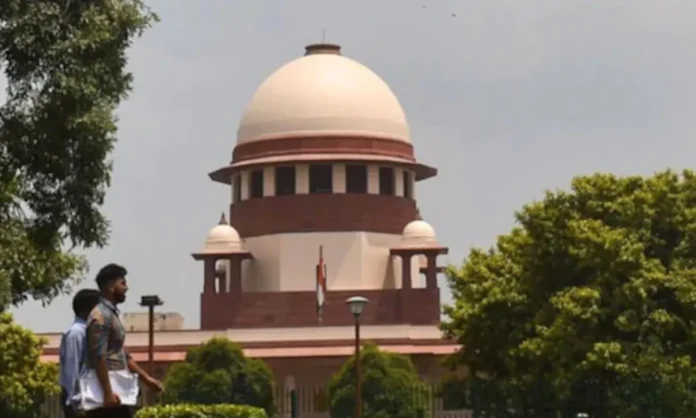
In a recent judgment, the Supreme Court of India has articulated a significant legal principle concerning the standard of proof required to establish insanity as a defense in criminal cases. The Court emphatically held that the standard of proof to demonstrate lunacy or insanity is limited to the threshold of ‘reasonable doubt.’
This ruling pertains to Section 84 of the Indian Penal Code (IPC), which deals with the defense of legal insanity. In such cases, where an accused seeks exoneration from criminal liability based on the grounds of insanity, the burden of proof lies with the accused to establish legal insanity, rather than medical insanity.
The Court’s interpretation underscores the pivotal distinction between legal insanity and medical insanity. It reaffirms that the onus of proving legal insanity, meeting the ‘reasonable doubt’ threshold, falls squarely on the accused. This implies that the accused must demonstrate that, at the time of committing the alleged offense, they were afflicted with such a level of mental disorder that they could not comprehend the wrongfulness of their actions or understand the nature and consequences of the act.
By setting a clear standard of ‘reasonable doubt,’ the Supreme Court seeks to maintain the integrity of the legal framework surrounding the defense of insanity, ensuring that it is invoked judiciously and responsibly. This ruling reaffirms the principle that the legal system aims to strike a balance between the protection of the accused’s rights and the interests of justice, thereby upholding the rule of law.



